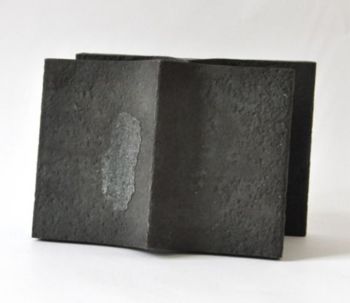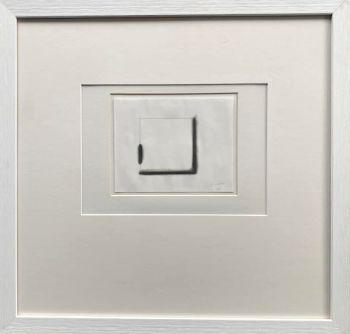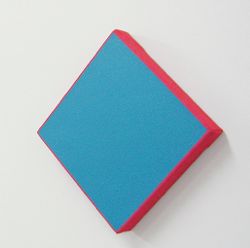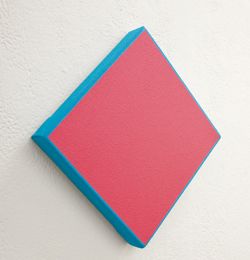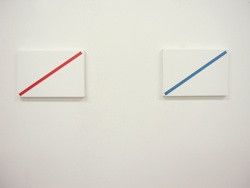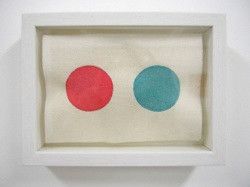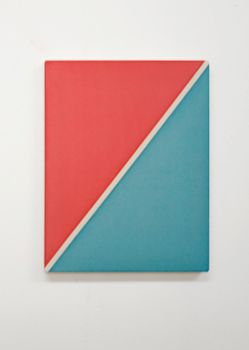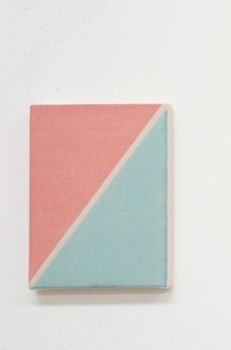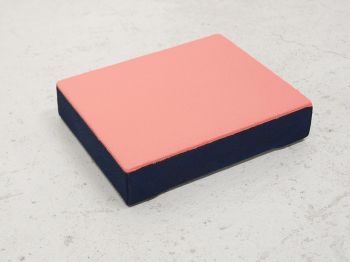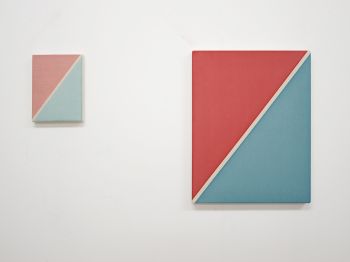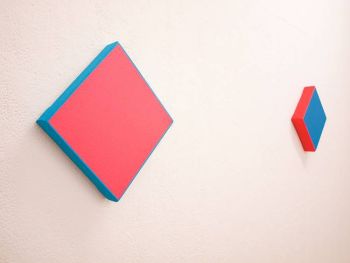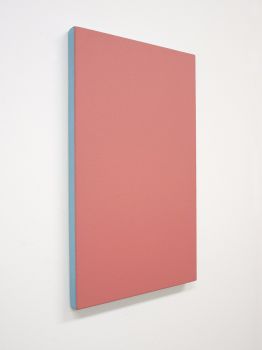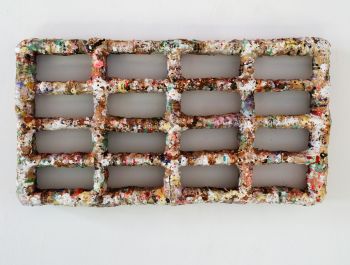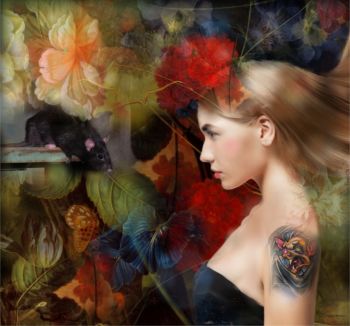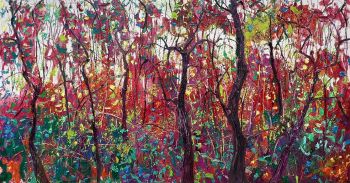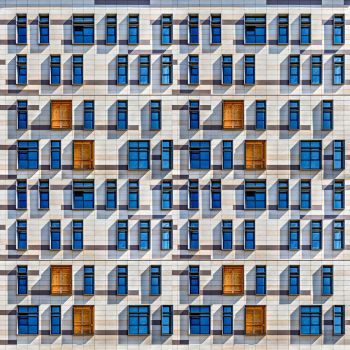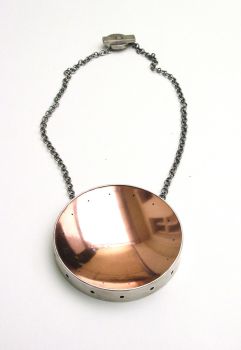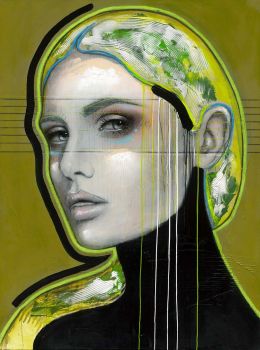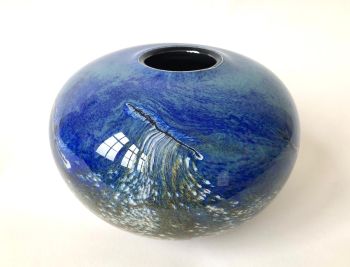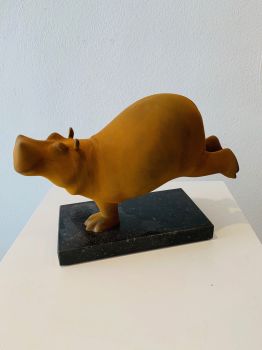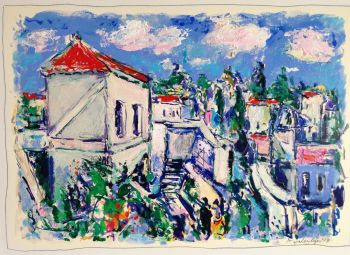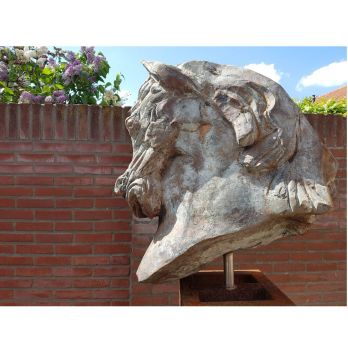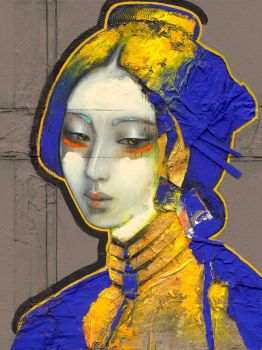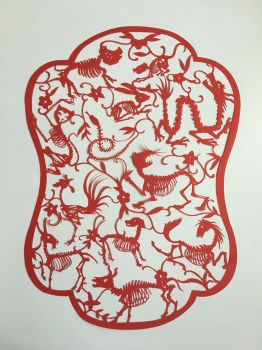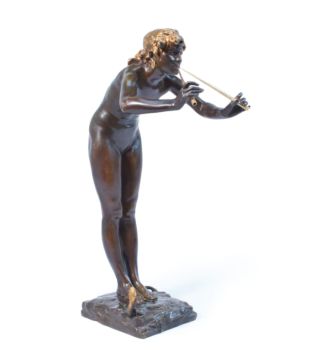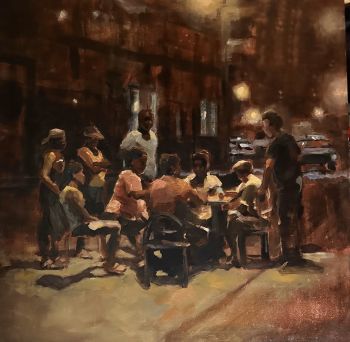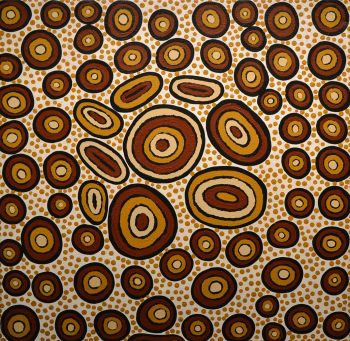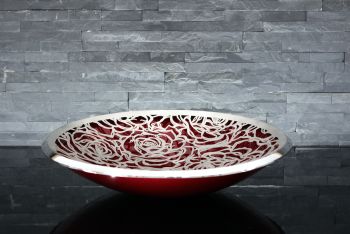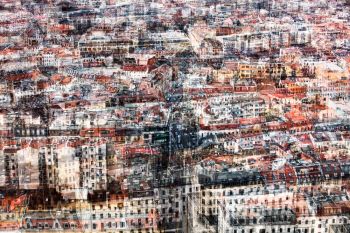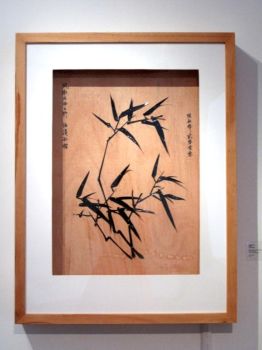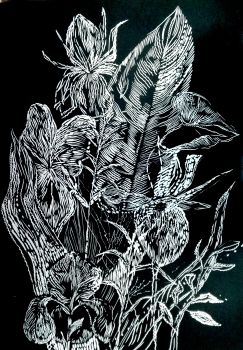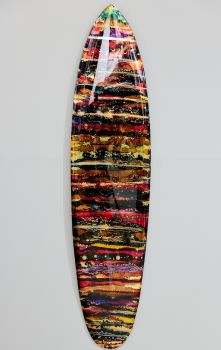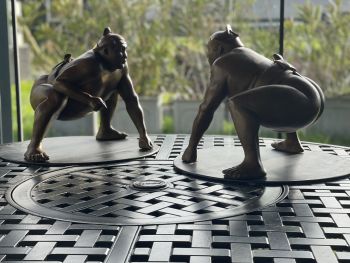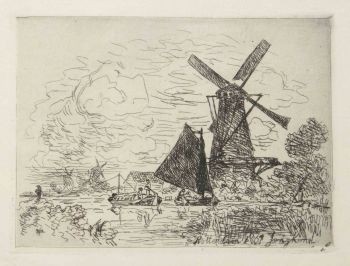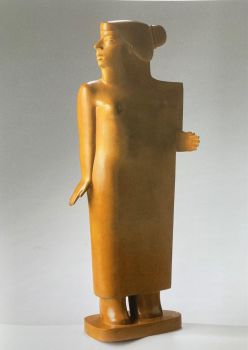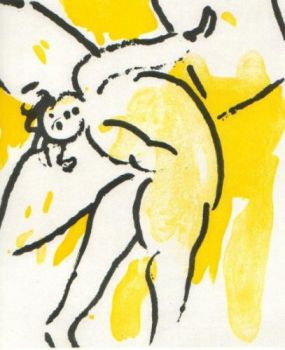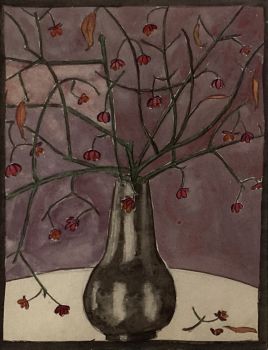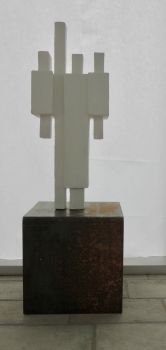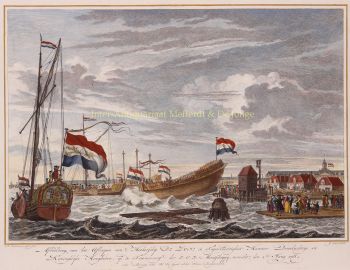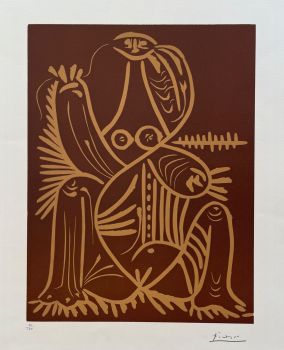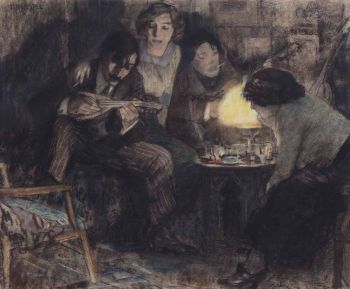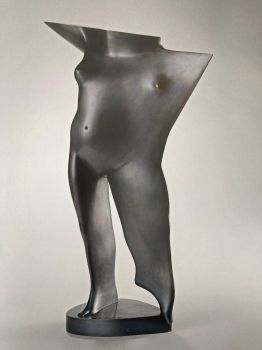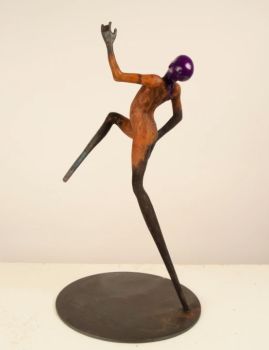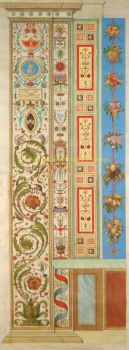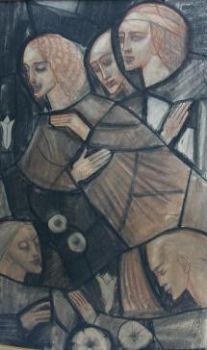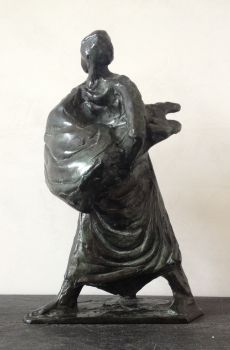About the artist
Takashi Suzuki, a Japanese artist born in Kyoto in 1971, has followed a unique artistic journey that includes training and experiences in both photography and painting.
He graduated from The Art Institute of Boston with a degree in Photography and further enriched his artistic knowledge as a guest student in the photography class of Thomas Ruff at Kunst Akademie Düsseldorf. During his time in Germany, Suzuki also worked as an assistant to Thomas Struth.
Suzuki's artistic evolution has seen him transit from creating installations composed of forged iron parts mostly in the geometric forms such such as rectangular cuboid, tube or bar. Followed by working with wood blocks and canvases/paper in parallel to specializing in the latter, focusing on pictorial expression.
This shift in his interests signifies a move from a concern with spatial material composition to a keen exploration of visual experiences, particularly in the realm of colors.
In Suzuki's later work, the dominant presence of red color-fields takes center stage. Starting in 2007, he introduced blue color-fields and, subsequently, beige/brown color-fields. The inspiration for this latter palette comes from the captivating color impressions of the canals of Amsterdam.
What sets Suzuki's paintings apart is the meticulous attention to detail in his brushwork on canvases and papers. At first glance, the painterly elements, such as brush traces, may be difficult to discern. Despite the initial appearance of lifeless, non-emotional geometric abstract paintings, every piece he creates conveys the artist's breath and holds a high level of precision in manual skill.
Suzuki carefully considers the effects produced by the combination of elements, such as the canvas's weave, the type of paper or its texture, with pigments. The color tones employed, whether a spectrum of red hues ranging from pale pink to deep red, or a range of blue shades from pale sky blue to deep blue, remain neutral and abstract. Suzuki layers these colors meticulously, resulting in color-fields that are expressive, serene, tranquil, yet emotionally charged, all while maintaining a sense of cleanliness and sensuality.
In his most recent series, known as the BAU series, Suzuki embarks on a journey to discover how sculptural forms can be generated by assembling ordinary, everyday items. This creative approach encourages a shift in context, introducing potentially unexpected propositions. Suzuki's primary focus is not on determining 'what' the photographic subject is, but rather on exploring 'how' the subject is perceived. His artistry aims to redefine our understanding of seeing photography.
Suzuki eloquently summarizes his artistic philosophy by stating, "Even if photographic images exist as a method for interpreting the world, I believe those images are different from what we see. I am interested in how the photographic image is perceived, then what the photographic subject actually is, and also in what changes the photographed information." His work delves into the complexities of perception and challenges our conventional notions of photography.

